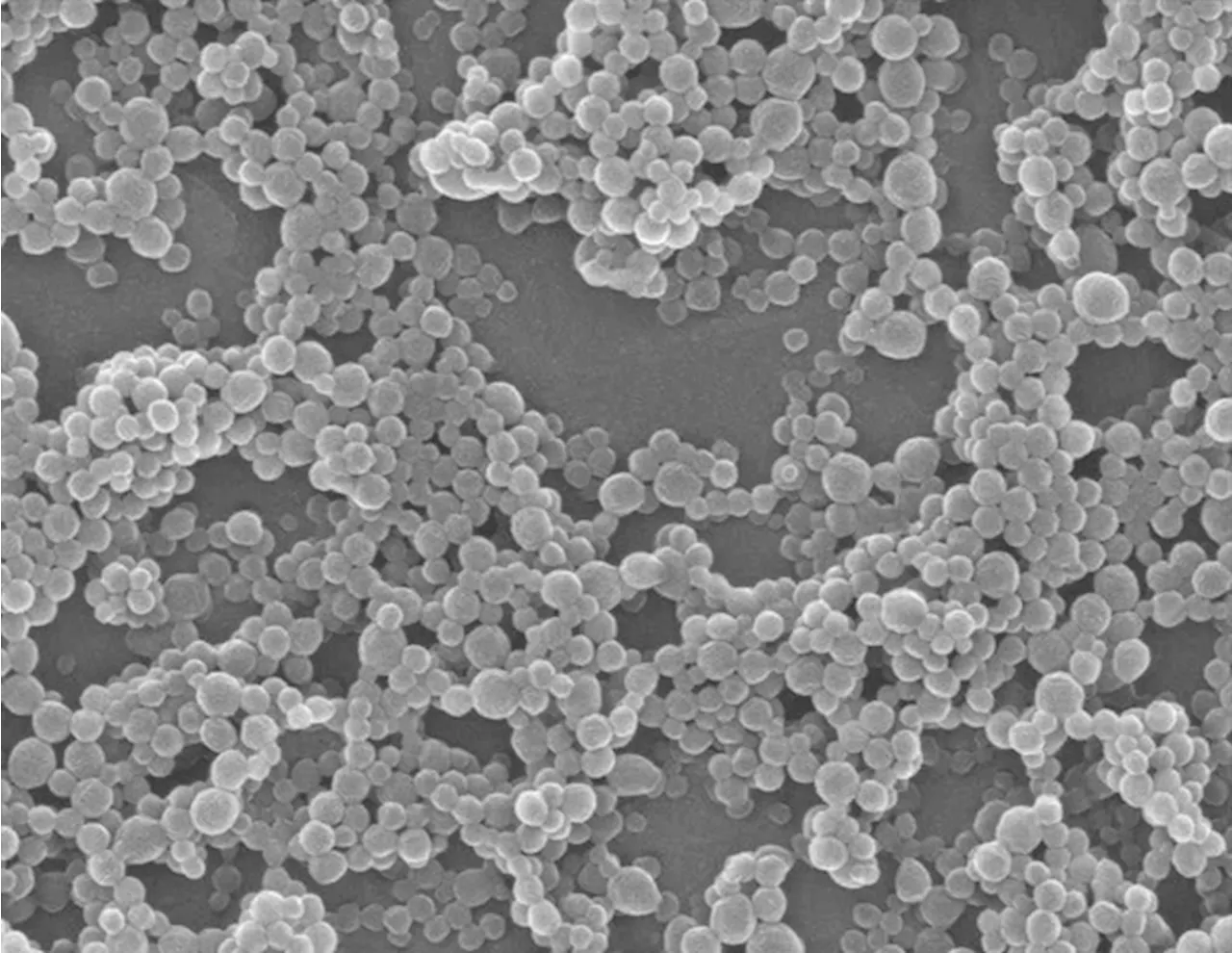Nanoparticles delivered intravenously in mice can block the allergic reactions to red meat caused by the bite of the lone star tick, new research led by the University of Michigan shows.
University of MichiganAug 13 2024
Food allergies often leave those affected with few options other than avoiding whatever products cause the reactions. Alpha-gal syndrome is thought to be transmitted to humans via lone star tick saliva when the insect bites. It can cause hives and itching, scaly skin, swelling of the face, throat or other body parts, shortness of breath, stomach pain, diarrhea and vomiting. In some cases, the allergic reaction it causes can be fatal.
Related Stories“While these findings highlight the first therapeutic potential of nanoparticles to treat red meat allergy, we’re calling for further studies to better understand the implications and the long-lasting effects of nanoparticle treatment.”
Meat Nanoparticle Allergen Climate Change Food Immune Response Immune System Immunotherapy Lone Star Tick Nanoparticles Research Skin Syndrome Technology
United Kingdom Latest News, United Kingdom Headlines
Similar News:You can also read news stories similar to this one that we have collected from other news sources.
 University of Michigan National Poll reveals 30% of adults in 50s and 60s are caregiversMore than 1 in 4 people age 50 and older help take care of at least one family member or friend who has a health issue or disability, according to new results from the University of Michigan National Poll on Healthy Aging.
University of Michigan National Poll reveals 30% of adults in 50s and 60s are caregiversMore than 1 in 4 people age 50 and older help take care of at least one family member or friend who has a health issue or disability, according to new results from the University of Michigan National Poll on Healthy Aging.
Read more »
 Huge student accommodation in city centre ready for new academic yearIt will open to both University of Nottingham and Nottingham Trent University students in September
Huge student accommodation in city centre ready for new academic yearIt will open to both University of Nottingham and Nottingham Trent University students in September
Read more »
 Innovative approaches in polymer nanoparticle synthesis for RNA therapeuticsRNA therapy with polymer nanoparticles is considered a promising approach for the treatment of various illnesses.
Innovative approaches in polymer nanoparticle synthesis for RNA therapeuticsRNA therapy with polymer nanoparticles is considered a promising approach for the treatment of various illnesses.
Read more »
 Does the onset of daylight saving time trigger unhealthy consumer behaviors?Researchers from North Carolina State University, University of Manitoba, Bern University of Applied Sciences, University of South Carolina, and California Baptist University published a new Journal of Marketing study that explores whether the onset of daylight saving time leads consumers to engage in unhealthy behaviors.
Does the onset of daylight saving time trigger unhealthy consumer behaviors?Researchers from North Carolina State University, University of Manitoba, Bern University of Applied Sciences, University of South Carolina, and California Baptist University published a new Journal of Marketing study that explores whether the onset of daylight saving time leads consumers to engage in unhealthy behaviors.
Read more »
 Confirmed link between maternal asthma and child allergiesFor the first time, researchers from the University of Adelaide's Robinson Research Institute, University of South Australia and University of Queensland have confirmed maternal asthma increases risks of child allergies.
Confirmed link between maternal asthma and child allergiesFor the first time, researchers from the University of Adelaide's Robinson Research Institute, University of South Australia and University of Queensland have confirmed maternal asthma increases risks of child allergies.
Read more »
 University of Oxford’s online therapies offer hope for anxiety and PTSD patientsUrgent treatment solutions are needed for children, adolescents and adults with mental health conditions. Despite the government committing to spending 8.9% of all NHS funding on mental health treatment last year, the pipeline to build new facilities and train new staff will take years and, on their own, are insufficient to meet demand.
University of Oxford’s online therapies offer hope for anxiety and PTSD patientsUrgent treatment solutions are needed for children, adolescents and adults with mental health conditions. Despite the government committing to spending 8.9% of all NHS funding on mental health treatment last year, the pipeline to build new facilities and train new staff will take years and, on their own, are insufficient to meet demand.
Read more »
